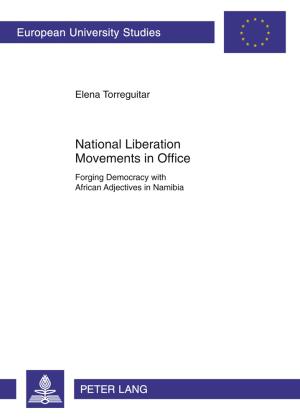How does a liberation movement transform itself into a political party? What are the burdens and liabilities that come about when these movements integrate in the democratic process? The author tries to answer these questions analyzing SWAPO’s war of independence against the South African apartheid
How does a liberation movement transform itself into a political party? What are the burdens and liabilities that come about when these movements integrate in the democratic process? The author tries to answer these questions analyzing SWAPO’s war of independence against the South African apartheid regime and the changes it went through once the party won the first free elections in 1989. The authoritarian regime that emerged was the outcome of thirty years of exile in neighboring Zambia and Angola. The latter and the consequences of the earlier destruction of the African traditions, following the colonial intervention, gave way to a specific African version of democracy. Is this democracy going to develop into a full, all embracing system or it is going to end in democratic failure? The author looks deeply into the historical and political past of the Namibian process and gives an optimistic, upbeat account of an African democracy.
Voir toute la description...

